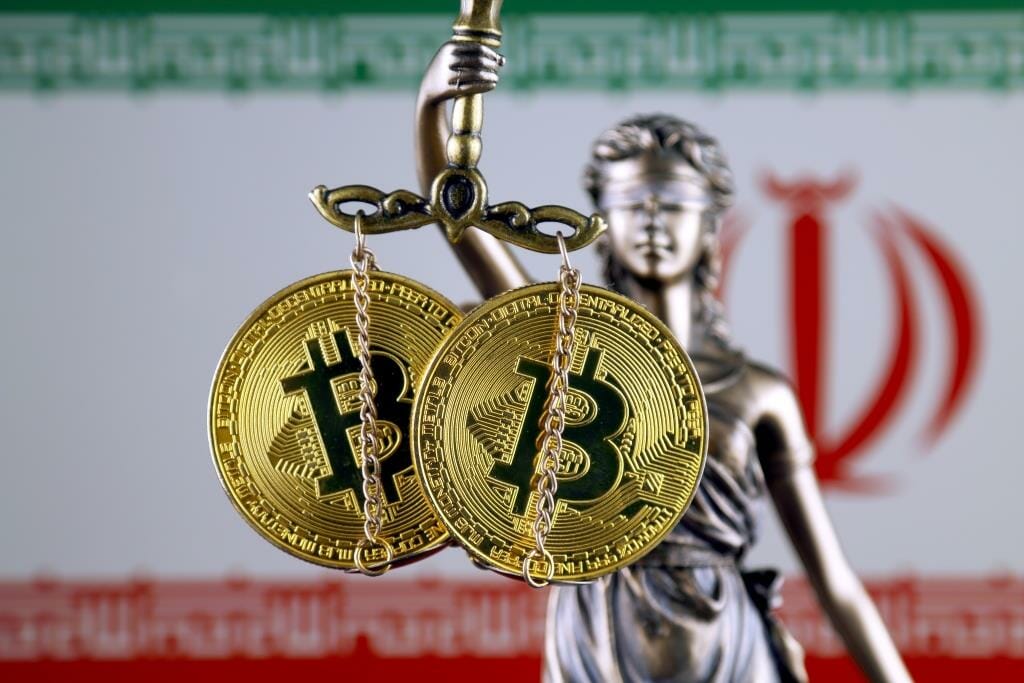The Government sees this cryptoactive as an “attack on national security” and it will be treated as an “interruption of the economy” in that country
From this December 31st, the Iranian government was openly against the development of Gram, the cryptocurrency that the messaging application Telegram expects to launch soon.
Javad Javidnia, Secretary of the Criminal Content Definition Team, suggested Iranian investors to get away from this cryptographic currency. He said any collaboration with it will be considered an attack on national security and “will be treated as an interruption of the national economy.”
In April 2018, Hassan Firouzabadi, Secretary of the High Council for Cyberspace in the Iranian Republic, mentioned the lack of regulation on cryptocurrency as one of the problems to allow Telegram to continue operating in that country.
The debate dates from the end of 2017 and the beginning of 2018, when government officials detected that, presumably, this application was being used by some groups of people to send anti-government messages, through their chats.
Before these alleged facts, the instant messaging platform created by Pavel Durov in 2013 had reached high popularity ratings in Iran, with some 45 million users.
However, Iranian officials claimed that Gram’s Initial Currency Offering (ICO) could “undermine Iran’s national currency”. In response, the Secretary of the Higher Council of Cyberspace, Hassan Firouzabadi, banned the use of this App in April 2018 and by December 2017 had temporarily banned the use of Telegram.
This prohibition had little impact because users learned to use Virtual Private Networks (VPNs) to avoid blocking. Since last April, Telegram refuses to share with the Government of that country and the Russian private messages of its users.
A Cryptocurrency for Iran
Although the Iranian government recognized cryptocurrency mining as an industry and allowed the import of mining equipment, it maintains its reservations regarding the use of decentralized cryptocurrencies such as Bitcoin. In spite of this, it plans to create its own centralized national digital currency, which simulates a bit the Venezuelan government’s attempts to create a cryptocurrency of its own called “Petro”.
Iran is not the only country to demonstrate against Gram. The Russian government also banned the use of the Telegram instant messaging App in its territory; in view of the possibility of falling into a “completely uncontrolled financial system”.
At the beginning of 2018, Telegram raised almost USD 1,700 million in two rounds of financing. Its ICO looked for investments to support the development of the messaging application and its own blockchain platform: Telegraph Open Network.
The company is currently developing its “Telegram open network” (TON) to provide its customers with wallets and, with this, a new digital payment system. Despite the refusal of Iran and Russia, Telegram’s developers rely on the success obtained in other countries and expect Gram to become the most adopted cryptocurrency in the world.
By María Rodríguez











